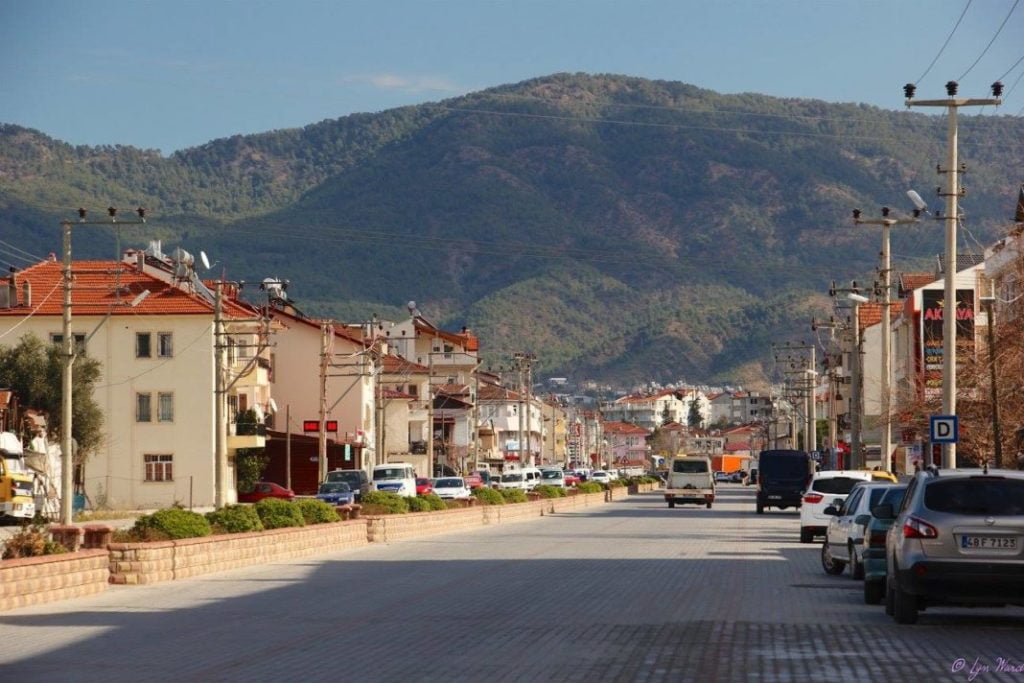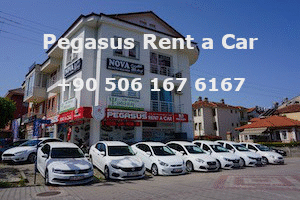Turkey is where eastern and western cultures come together, resulting in a fantastic blend of traditions and festivities. Not only that, Turkey is a diverse country, with spectacular mountain ranges, golden beaches, cities with wonderful sightseeing opportunities, and idyllic rural villages to explore. Such diversity can only truly be explored by the independent traveller, and driving is a great way to go about this.
Driving in Turkey is not too different from driving in any other European country. However, there are some important points to consider before embarking on a journey.
Drive on the right
Most importantly, remember that in Turkey they drive on the right side of the road.
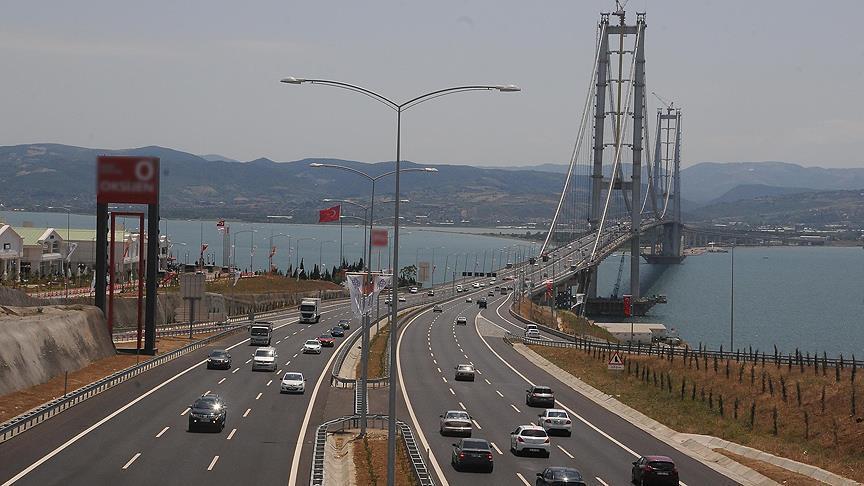
Driving on the right side of the road is vastly different to driving your car in the UK because the steering wheel will be on the left-hand side of the car. As such, you should consider the following:
If you are sitting on the left-hand side of the car instead of the right, you will need to operate essential driving apparatus, such as the gearstick with your opposite hand.
Permanently resting your right hand on the gearstick – at least at first – will help prevent you from opening the window every time you need to change gears.
Similarly, resting your left elbow on the armrest or window of your car will help you assume the driving posture needed for driving a left-handed drive car.
The gearstick and driver’s seat may have switched places in a left-hand drive car, but the pedals are in the same position, so the accelerator remains in the same position.
The roads in Turkey
Then there are the roads to think about. The main highways are excellent, although they tend to be only two lanes, which often causes the foreign tourist some concern. These main roads are generally much wider than other rural roads, but overtaking should be carried out with great care. It is not unusual to find traffic two abreast – on a single lane! Heavy traffic is normal on the main roads. Trucks, lorries, coaches and other commercial vehicles use these roads frequently, so again care is essential.
On quieter rural roads, it is most unusual to see heavy vehicles, making them ideal for tourists.
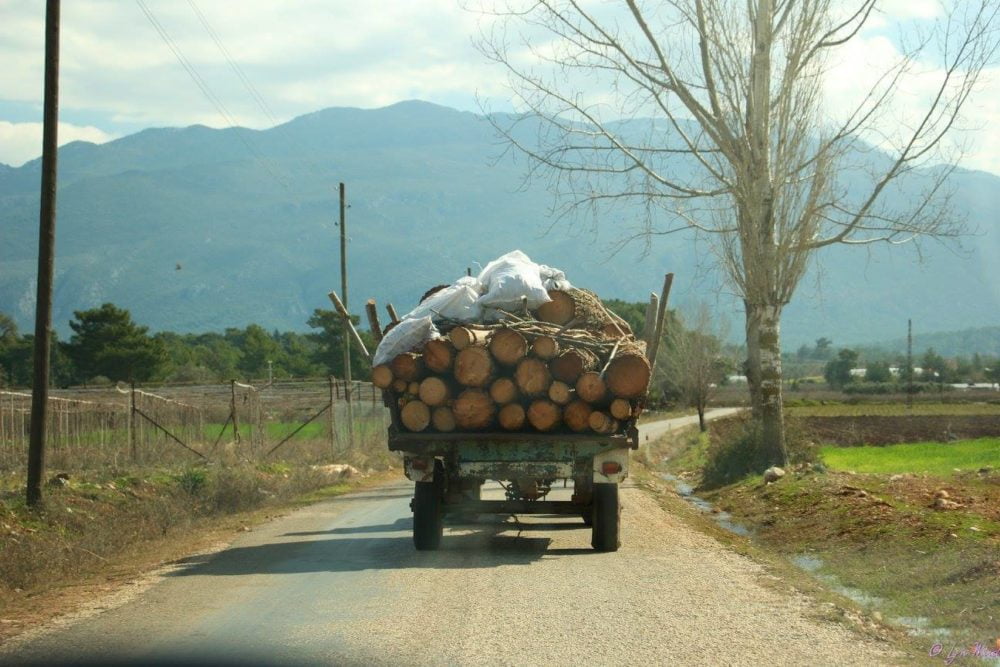
Driving on these less well-maintained roads is not only fun, but it is here that you will find the most picturesque villages, with few of them frequented by the mass tourist trade. Here you can find true Turkish life, and all visitors are made very welcome.
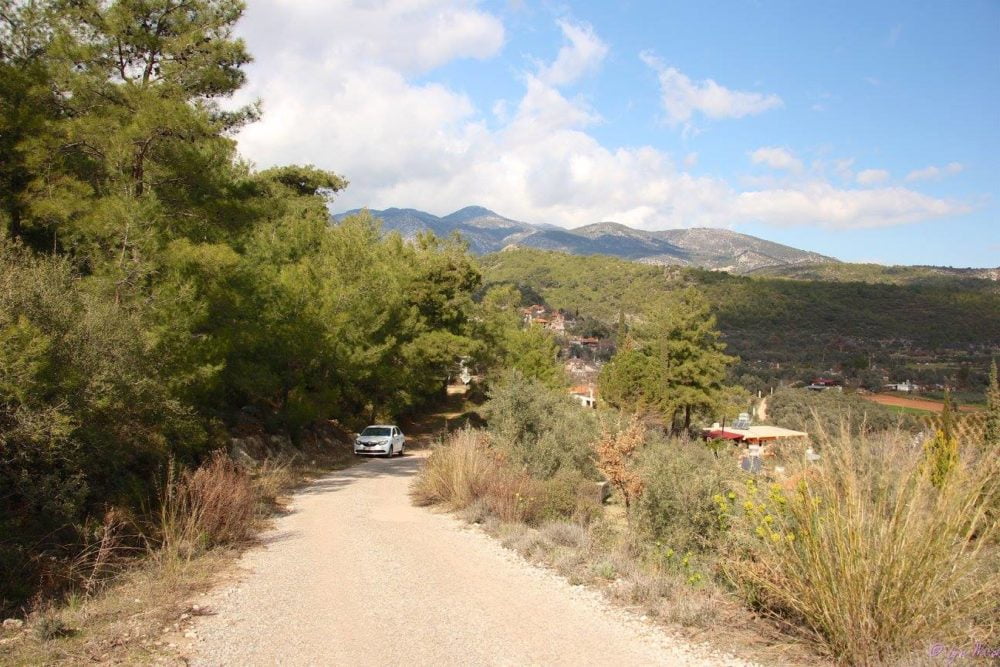
Speed Limits
The speed limit on most roads in Turkey is 90km/h. In cities and on some rural roads, the speed limit is usually 50km/h, on motorways, it is 120km/h and on highways, it is 130km/h. However, a word of caution is necessary. Although speeding laws do exist, and if caught severe penalties may be handed out, driving over the speed limit will almost certainly be encountered. Local people in towns, on rural roads, and on the highways tend to go as fast as they possibly can!
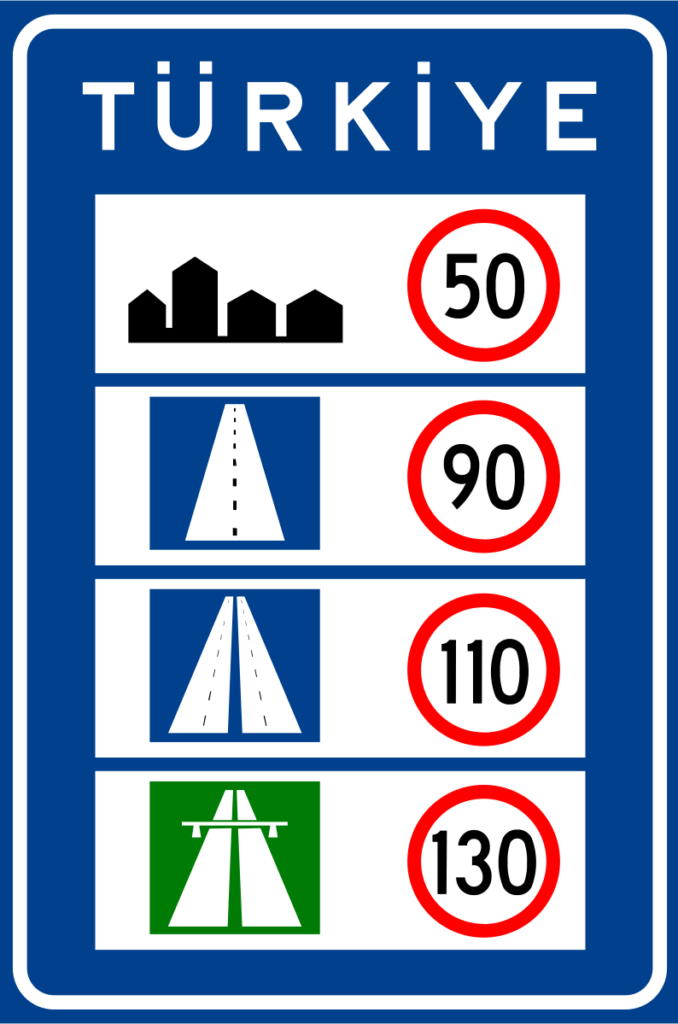
Caution is absolutely essential, especially when trying to overtake. Be aware of oncoming traffic, which will most likely be coming at you at high speeds.
Speeding fines in Turkey depend on how much you’re caught exceeding the speed limit by.
Customs and Habits
When driving on the right, as most European countries do, it is frowned upon, and illegal, to pass on the right. In Turkey, this rule is the most flaunted. Don’t be surprised to find that drivers will, at the first opportunity, try to pass your vehicle on the right. In towns, on rural roads and on highways, if you leave a space between your car and the verge on the right, you can be certain that someone will try to squeeze through the gap.
For some reason, drivers in Turkey don’t mind stopping in unexpected places. Perhaps to pick up or drop off a passenger, or simply to stop for something to eat, drivers may pull over suddenly without indicating their intentions. This happens a lot in towns and cities, but it is not unusual for this to happen on main roads and even on highways.
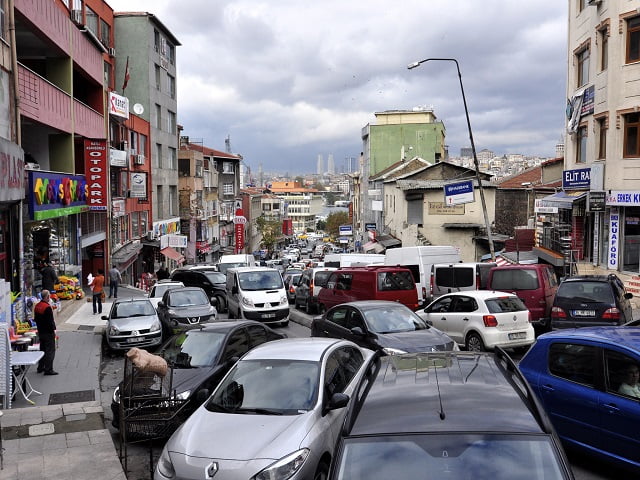
In contrast to pulling over and stopping suddenly, you are also likely to experience drivers changing lanes without warning. Although this is most prevalent in cities, on highways it can happen without warning and without any justifiable reason for doing so. Taxis and mini buses are notorious in Turkey for changing lanes without warning.
Other things to look out for are cars and other vehicles at night. Even on some of the busiest roads, it is common for vehicles to be found without lights, especially slow-moving vehicles such as tractors or other farm equipment. Talking about farms, on rural roads, it is likely that sheep and cows will be found walking across, or along, roads.
Finally, pay particular attention to intersections. Primary roads will always have right of way, but often these junctions are not marked with stop or give-way signs. The best tactic here is caution. Approach junctions slowly and take a little longer to check out the traffic before moving off. And remember, if you see a car approaching, don’t be surprised if suddenly you see a car overtaking on the left, and one overtaking on the right!
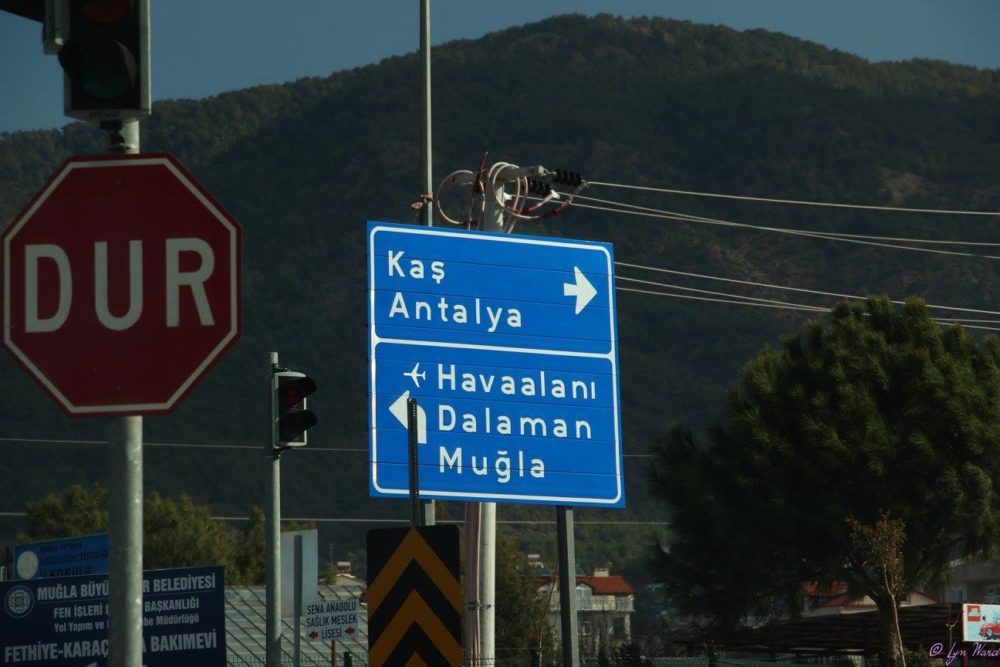
A Rewarding Experience
Like any country, driving in Turkey can be hazardous. However, with a little preparation and a lot of care and attention to other road users, driving in this beautiful country can be rewarding and a lot of fun. The most stressful journey will usually be rewarded when you turn a corner on a rural road, only to find the most picturesque village that you have ever seen. And the hospitality offered by the locals will almost certainly ensure that the stresses of driving are completely forgotten.
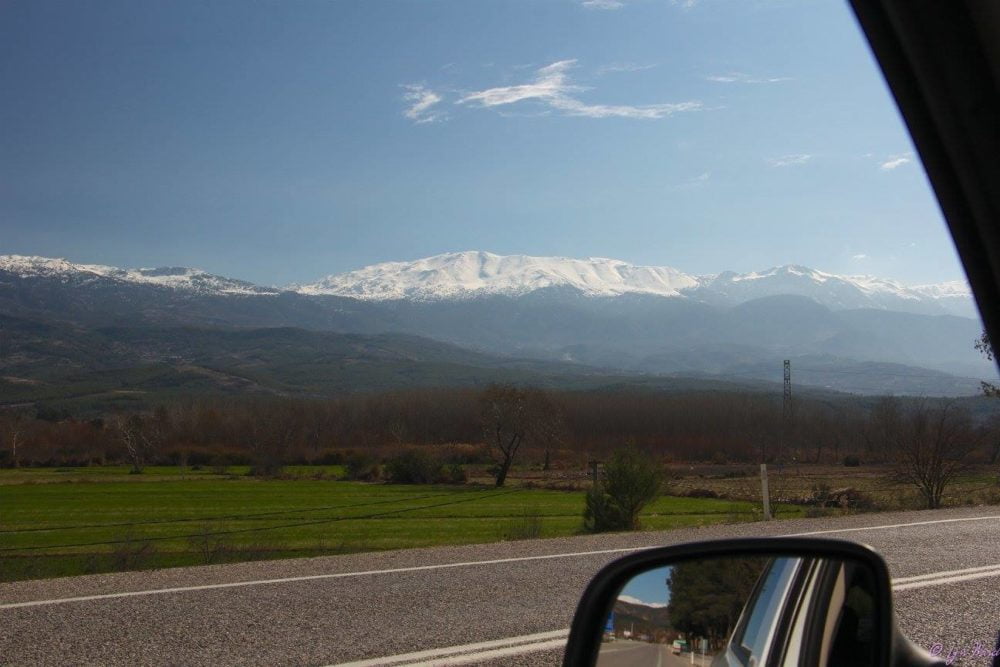
Driving Laws
Seat Belt Laws
Everyone in a car must be wearing a seatbelt as soon as the engine is started – failure to do so incurs a fine.
Drinking and Driving
There is zero tolerance for alcohol in the blood of a driver in Turkey. You must not drink any alcohol if you intend to drive afterwards. The penalties are stiff and could see you held in a not-very-pleasant Turkish jail.
Must-Have Documents
A valid UK driving licence. If you’re staying for more than 3 months, or if you don’t have a photo card licence, you’ll need an International Driving Permit.
Minimum Driving Age
Visitors must be aged 18 or over and hold a full, valid driving licence to legally drive in Turkey. Riders of mopeds must be at least 17, while motorcyclists must be aged 18 or over.
On-the-Spot Fines
On-the-spot fines are very common for minor traffic offences and speeding. If you do not have cash on you, you’ll be taken to a bank or cash machine. If you still can’t pay your car will be impounded until you find a means.
Child Safety Rules
The driver of the vehicle is responsible for ensuring that all children are wearing a seat belt or appropriate restraints.
Children under the age of three may not travel in a vehicle that is not equipped with a child restraint. If they are travelling in the front seat of a vehicle in a rear-facing seat, the airbag must be deactivated.
Children up to 150cm in height and 36kg in weight must be placed in the rear of the vehicle in a child restraint system.
Children over 150cm can use a seat belt in the rear seat but may not travel in the front seat.
Insurance
A minimum of third-party insurance is compulsory in Turkey and you’ll need to be able to prove you have it with your insurance certificate and preferably, a green card from your insurance company.
Speed Cameras
Safety cameras are common in Turkey, both mobile and fixed devices. Whilst warning signs were used to tell drivers where cameras are placed, these are slowly being removed so you will need to keep to the limit at all times.
Using Mobile Phones when driving
Using a phone whilst driving in Turkey is illegal despite many drivers doing so. You will receive an on-the-spot fine for doing so.
Parking
In towns and cities, when you park in the street you will be greeted by a parking attendant who will put a ticket on the windscreen stating the time you parked. When you return to your car the attendant will give you your bill and take payment.
You can read more about driving in Turkey at https://www.rac.co.uk/drive/travel/country/turkey/
Sources: About Driving Abroad/RAC

